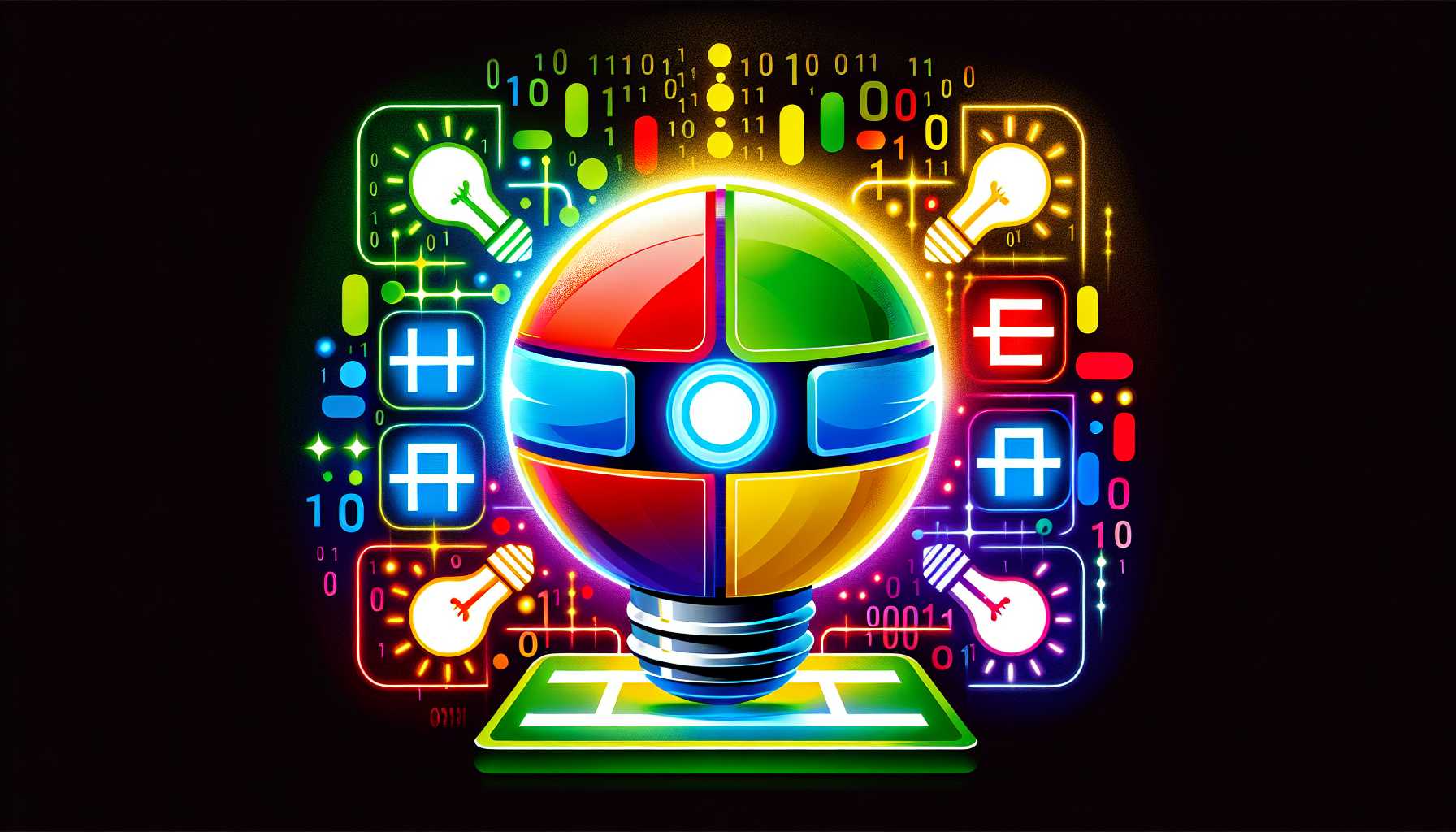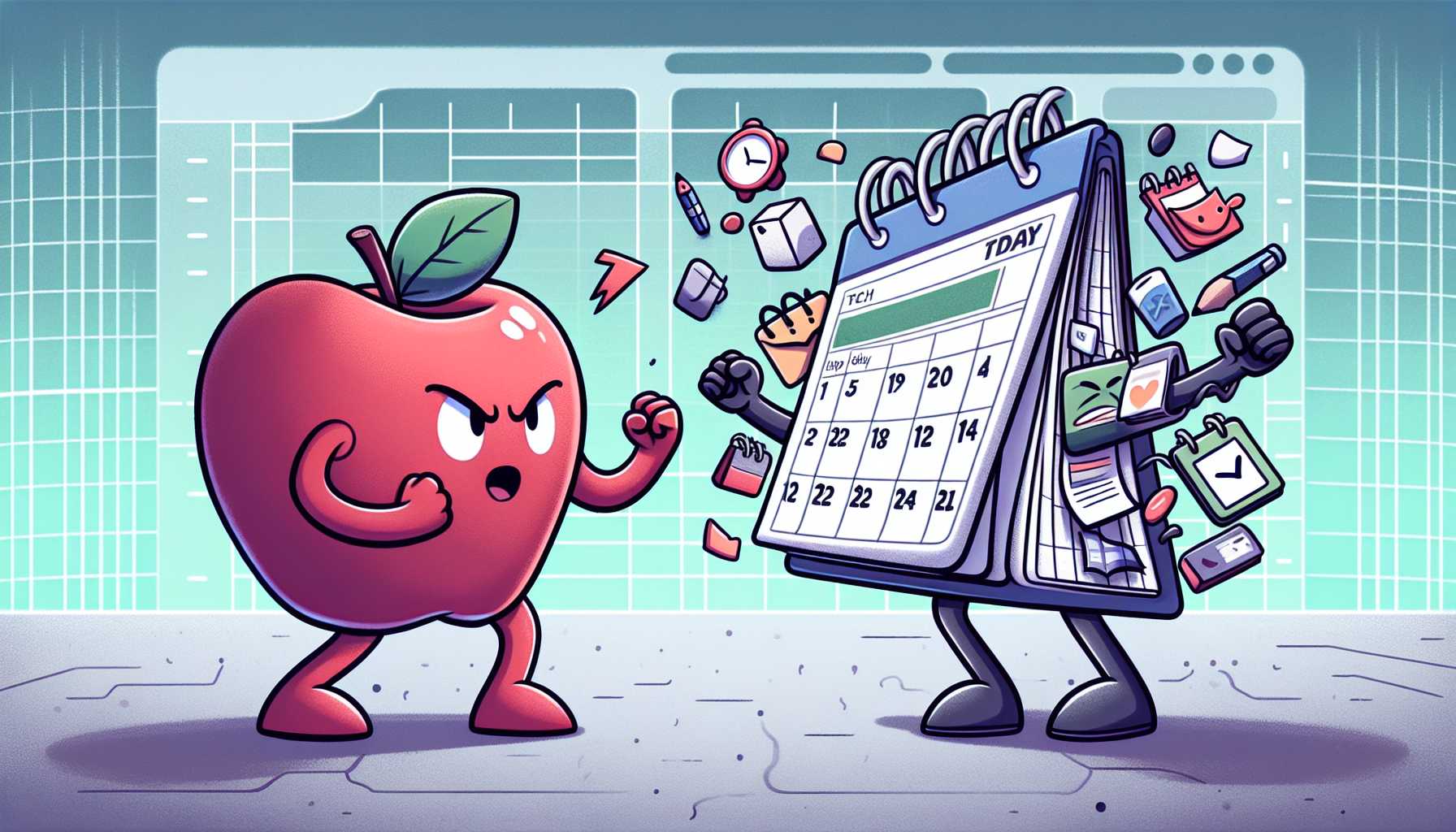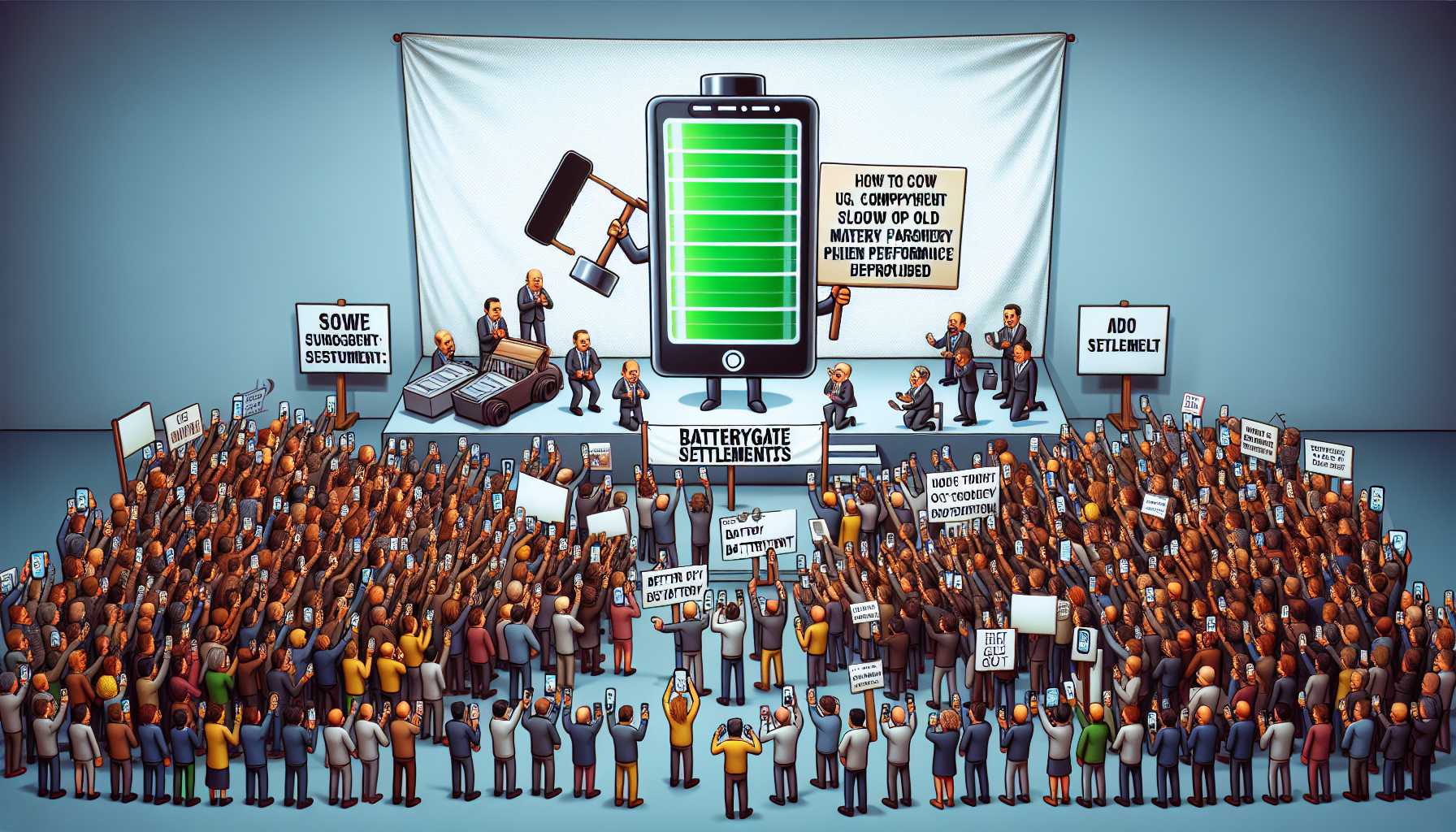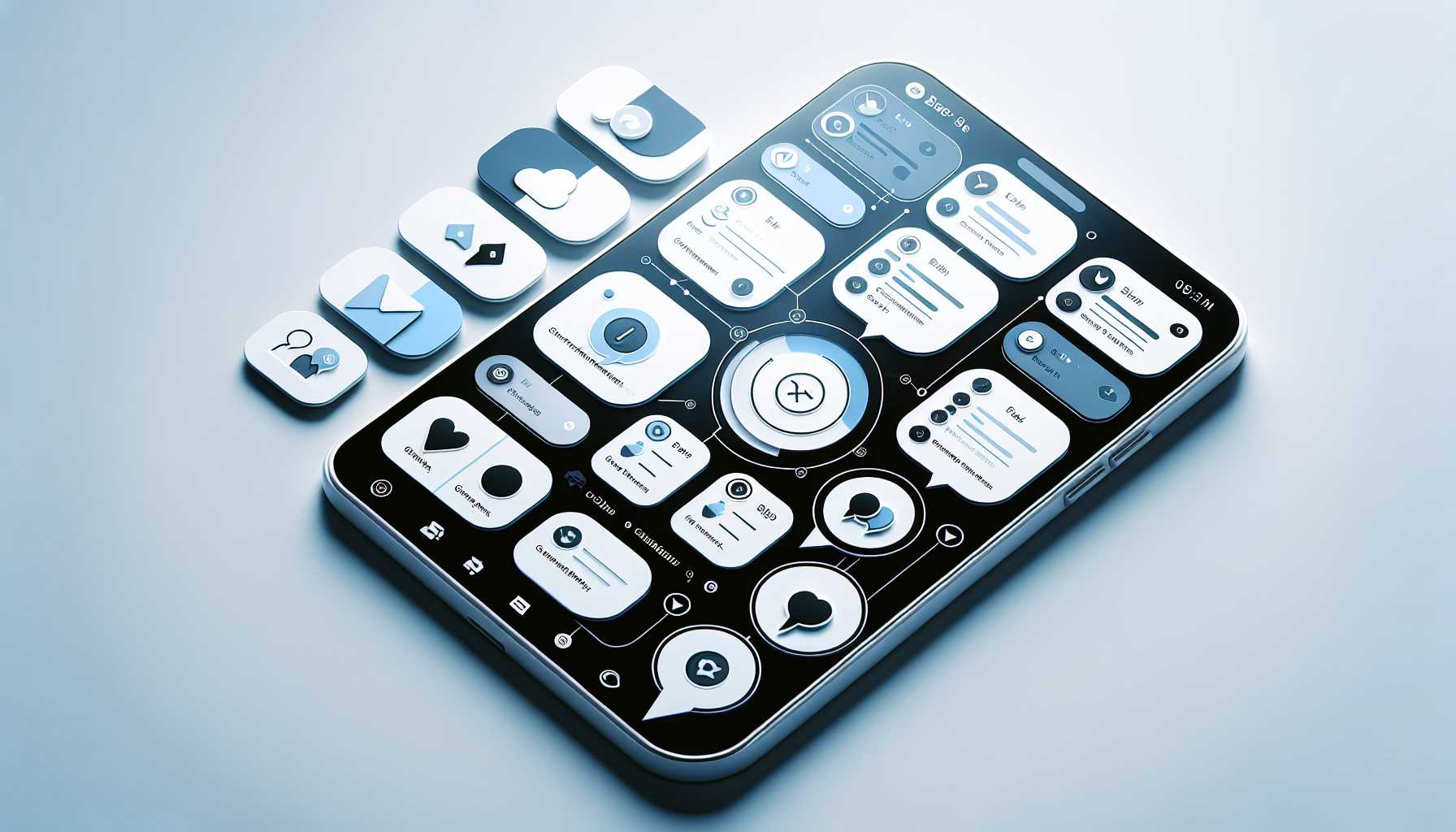The AI Battle of Giants: Microsoft Copilot Vs. ChatGPT
 In the world of AI chatbots, the clash of titans between Microsoft and OpenAI seems to promise a revolution, but is it merely a tempest in a teapot? Microsoft recently launched its avant-garde AI chatbot, the Microsoft Copilot, powered by OpenAI’s cutting-edge technologies but interestingly, it hasn’t been the ChatGPT-killer one might have anticipated. Copilot, with its alluring free access to GPT-4, hasn’t significantly dented ChatGPT’s user base, which continues to run on the older GPT-3.5. Yet the air around this AI skirmish is electric with potential, pregnant with the promise of an AI-assisted future. Although Copilot’s downloads aren’t soaring sky-high, the market shares an even split across iOS and Android platforms, pointing toward a diversely interested audience. Probing deeper, the lack of promotion and the choice of a holiday launch could be culprits behind Copilot’s modest debut. But let’s keep our scanners tuned – a promotion or a strategic move might just be around the corner, and the AI landscape could transform overnight.
In the world of AI chatbots, the clash of titans between Microsoft and OpenAI seems to promise a revolution, but is it merely a tempest in a teapot? Microsoft recently launched its avant-garde AI chatbot, the Microsoft Copilot, powered by OpenAI’s cutting-edge technologies but interestingly, it hasn’t been the ChatGPT-killer one might have anticipated. Copilot, with its alluring free access to GPT-4, hasn’t significantly dented ChatGPT’s user base, which continues to run on the older GPT-3.5. Yet the air around this AI skirmish is electric with potential, pregnant with the promise of an AI-assisted future. Although Copilot’s downloads aren’t soaring sky-high, the market shares an even split across iOS and Android platforms, pointing toward a diversely interested audience. Probing deeper, the lack of promotion and the choice of a holiday launch could be culprits behind Copilot’s modest debut. But let’s keep our scanners tuned – a promotion or a strategic move might just be around the corner, and the AI landscape could transform overnight.
The Apple Walled Garden vs. Basecamp’s Hey
 The tech world often mirrors a modern Pompeii, where bouts of innovation erupt and clash with the established norms of tech giants like Apple. This time, it is Basecamp’s new calendar service, ‘Hey’, that’s throwing punches against the Cupertino mammoth. Apple’s App Store policies have struck once more, rejecting ‘Hey’s calendar app due to a lack of in-app purchases, which, according to Apple, curtails functionality for non-paying users. It sparks a fiery debate about users’ rights versus platform control. With echoes of a similar scuffle in 2020 concerning Hey’s email app, Basecamp founders aren’t shy to label Apple’s cut from in-app purchases a “ransom”. A compelling case is built with examples like Netflix and Spotify conveniently sidestepping such rules. It’s a heated feud – one that may define or redefine the boundaries of app monetization in the expansive, wild gardens of App Store politics.
The tech world often mirrors a modern Pompeii, where bouts of innovation erupt and clash with the established norms of tech giants like Apple. This time, it is Basecamp’s new calendar service, ‘Hey’, that’s throwing punches against the Cupertino mammoth. Apple’s App Store policies have struck once more, rejecting ‘Hey’s calendar app due to a lack of in-app purchases, which, according to Apple, curtails functionality for non-paying users. It sparks a fiery debate about users’ rights versus platform control. With echoes of a similar scuffle in 2020 concerning Hey’s email app, Basecamp founders aren’t shy to label Apple’s cut from in-app purchases a “ransom”. A compelling case is built with examples like Netflix and Spotify conveniently sidestepping such rules. It’s a heated feud – one that may define or redefine the boundaries of app monetization in the expansive, wild gardens of App Store politics.
Warren Buffett’s Wall Street Warnings
 Amidst the roiling markets and the cacophony of investment chatter, Warren Buffett’s office stands like a silent teacher. It’s a visual lecture hall, adorned with historic newspaper front pages – echoes of Wall Street’s infamous days. This decor goes beyond aesthetics; it’s a succinct narrative of financial tumult, a canvas illustrating the hair-raising volatility of the stock market. Buffett aptly uses these mementos as cautionary reminders to visitors and investors. It is a timeless message, underscoring the unpredictable vitality of markets and the gambles within. In Buffett’s wisely decorated lair, resilience is the hallmark – preparing for the worst while scavenging for the cherries of opportunity.
Amidst the roiling markets and the cacophony of investment chatter, Warren Buffett’s office stands like a silent teacher. It’s a visual lecture hall, adorned with historic newspaper front pages – echoes of Wall Street’s infamous days. This decor goes beyond aesthetics; it’s a succinct narrative of financial tumult, a canvas illustrating the hair-raising volatility of the stock market. Buffett aptly uses these mementos as cautionary reminders to visitors and investors. It is a timeless message, underscoring the unpredictable vitality of markets and the gambles within. In Buffett’s wisely decorated lair, resilience is the hallmark – preparing for the worst while scavenging for the cherries of opportunity.
The Batterygate Settlement Saga
 Apple’s narrative in the tech fables is often dotted with epic accomplishments, but it’s not without its stains. The ‘batterygate’ scandal, with its thorny branches, is sprouting settlements as Apple attempts to pacify the uproar over alleged performance throttling in older iPhones. Consumers here are positioned to receive surprisingly heftier payouts than initially anticipated, hinting at a corporate mea culpa. This serves both as a testament to Apple’s commitment to uphold user trust and as evidence of a harsh lesson learned in transparency and communication.
Apple’s narrative in the tech fables is often dotted with epic accomplishments, but it’s not without its stains. The ‘batterygate’ scandal, with its thorny branches, is sprouting settlements as Apple attempts to pacify the uproar over alleged performance throttling in older iPhones. Consumers here are positioned to receive surprisingly heftier payouts than initially anticipated, hinting at a corporate mea culpa. This serves both as a testament to Apple’s commitment to uphold user trust and as evidence of a harsh lesson learned in transparency and communication.
Microsoft PC Accessories Rejuvenated
 Everything old becomes new again, it seems, in Microsoft’s world. The tech behemoth, in an interesting twirl, joins forces with Incase to resurrect its retired fleet of keyboards, mice, and webcams. Once exclusive Microsoft-branded product lines are returning to the shelves, rebranded but structurally unchanged. This is an interesting pivot, considering the company had taken a clear direction toward Surface-branded accessories. Fans of the classics can breathe a sigh of relief, while critics may question the seemingly circular journey of the product strategy, revealing a broader narrative about brand loyalty and tech nostalgia.
Everything old becomes new again, it seems, in Microsoft’s world. The tech behemoth, in an interesting twirl, joins forces with Incase to resurrect its retired fleet of keyboards, mice, and webcams. Once exclusive Microsoft-branded product lines are returning to the shelves, rebranded but structurally unchanged. This is an interesting pivot, considering the company had taken a clear direction toward Surface-branded accessories. Fans of the classics can breathe a sigh of relief, while critics may question the seemingly circular journey of the product strategy, revealing a broader narrative about brand loyalty and tech nostalgia.
Deepfake Defenses: Project Mockingbird Takes Wing
 In the shadow of the deepfake menace that’s slithering through the veins of digital content, McAfee launches Project Mockingbird. A parry to the sword of AI-generated audio scams, this project is a solid firewall designed to protect the unsuspecting consumer. It’s a fascinating testament to the double-edged sword of AI. On the one edge, vast potential for innovation; on the other, a fearsome weapon in the arsenal of cybercriminals. As the technology community braces for the impact of the upcoming U.S. Presidential election, Project Mockingbird flies as a beacon of hope, empowering users to navigate through the fog of deception. It exemplifies a technological fortress, guarding not just against the scams of today but also fortifying our digital future.
In the shadow of the deepfake menace that’s slithering through the veins of digital content, McAfee launches Project Mockingbird. A parry to the sword of AI-generated audio scams, this project is a solid firewall designed to protect the unsuspecting consumer. It’s a fascinating testament to the double-edged sword of AI. On the one edge, vast potential for innovation; on the other, a fearsome weapon in the arsenal of cybercriminals. As the technology community braces for the impact of the upcoming U.S. Presidential election, Project Mockingbird flies as a beacon of hope, empowering users to navigate through the fog of deception. It exemplifies a technological fortress, guarding not just against the scams of today but also fortifying our digital future.
Beeper and the iMessage Rebel Alliance
 The Beeper saga, a modern-day David and Goliath story, unfolds as this Bay Area upstart takes on the goliath Apple. Attempting to unify messaging across platforms by reverse-engineering iMessage, Beeper became both the underdog and the rebel icon. Despite the takedown by Apple, which cited security risks, Beeper stands undaunted, continuing their quest for a seamless messaging world. The implications are monumental, with this feud echoing to the halls of the Justice Department as whispers of antitrust suits murmur in the backdrop. As customers yearn for freedom from proprietary constraints, Beeper’s will to fight signals a cultural shift that could reshape the messaging landscape. In conclusion, we find the tech territory ever-expanding yet tightly contested, with strategies and innovations clashing like titans, underdogs biting at the heels of giants, and guardians rising to battle the dark knights of cyber threats. It’s a tale of endless layers, each a fascinating subplot in the grand narrative of technological evolution.
The Beeper saga, a modern-day David and Goliath story, unfolds as this Bay Area upstart takes on the goliath Apple. Attempting to unify messaging across platforms by reverse-engineering iMessage, Beeper became both the underdog and the rebel icon. Despite the takedown by Apple, which cited security risks, Beeper stands undaunted, continuing their quest for a seamless messaging world. The implications are monumental, with this feud echoing to the halls of the Justice Department as whispers of antitrust suits murmur in the backdrop. As customers yearn for freedom from proprietary constraints, Beeper’s will to fight signals a cultural shift that could reshape the messaging landscape. In conclusion, we find the tech territory ever-expanding yet tightly contested, with strategies and innovations clashing like titans, underdogs biting at the heels of giants, and guardians rising to battle the dark knights of cyber threats. It’s a tale of endless layers, each a fascinating subplot in the grand narrative of technological evolution.







